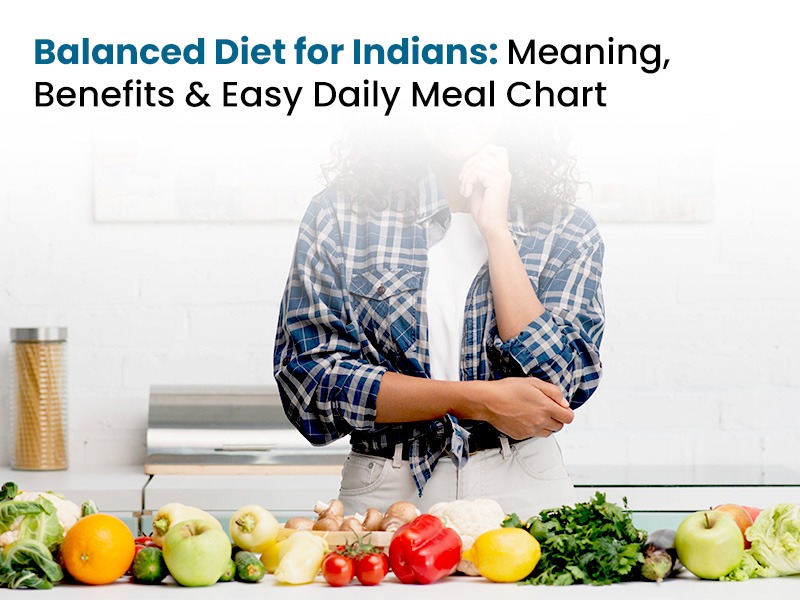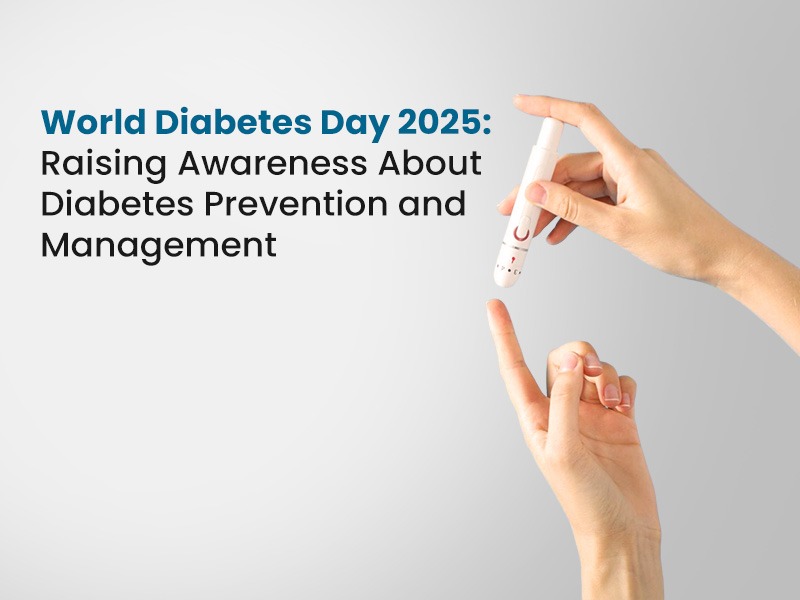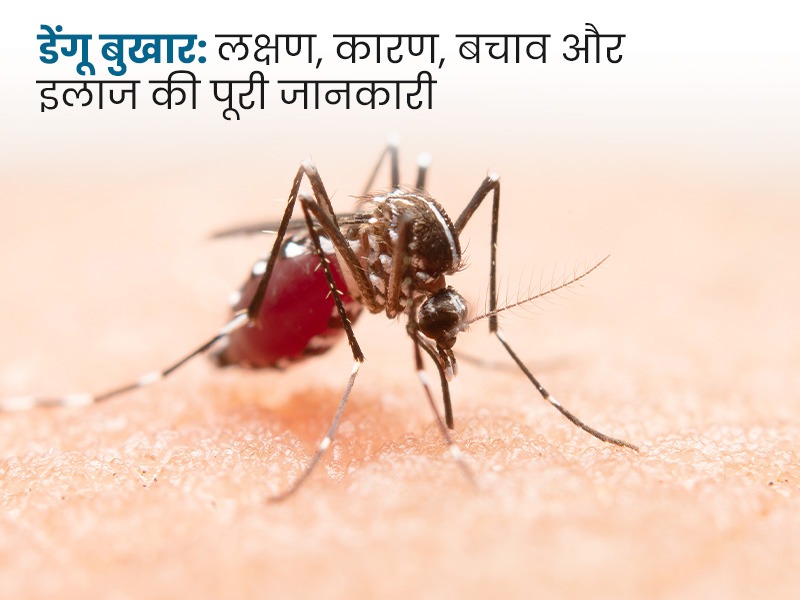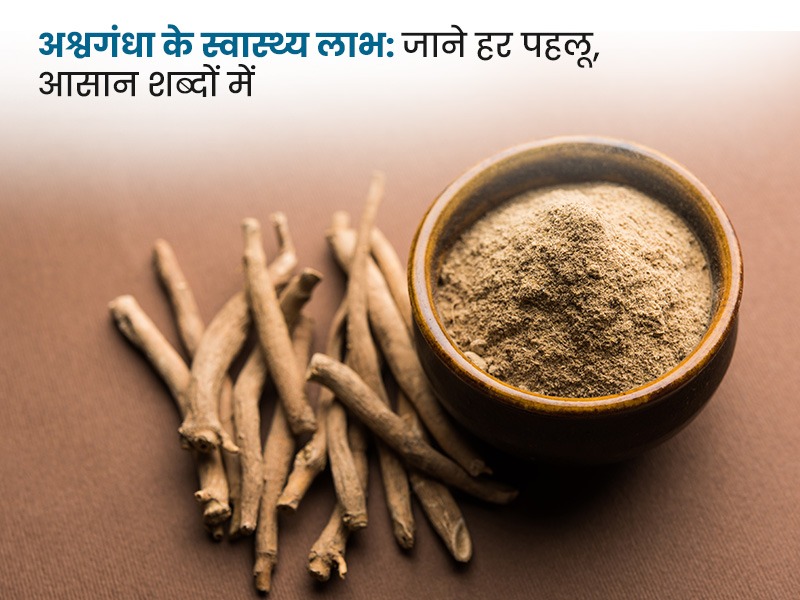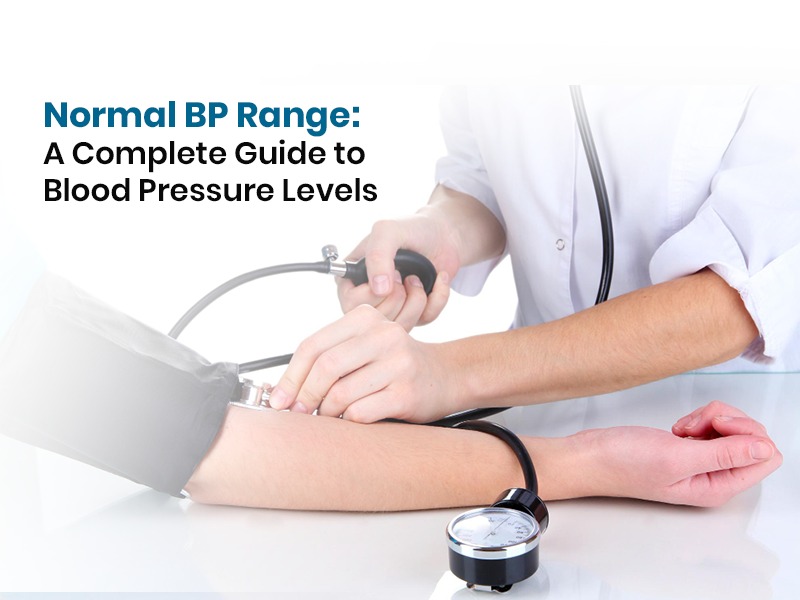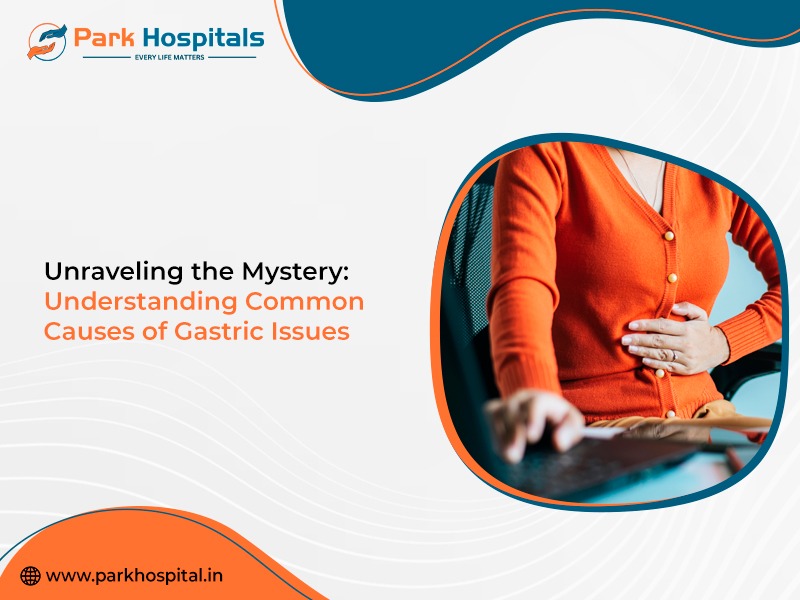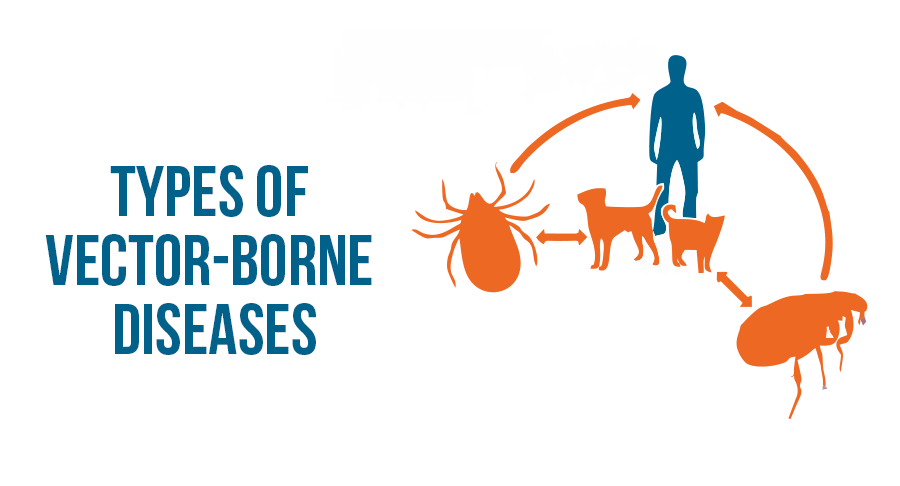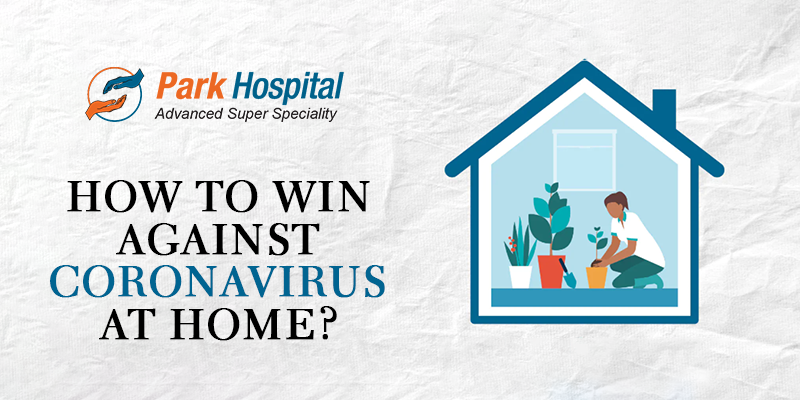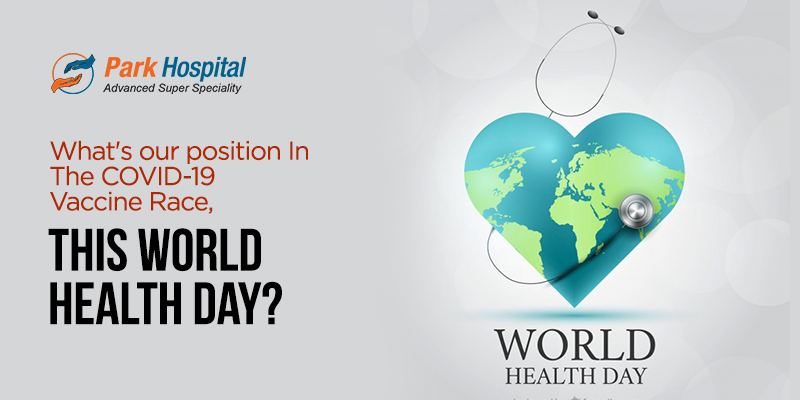Introduction
In today's busy lives, where more and more people are struggling with problems like obesity,
diabetes, and heart disease, eating a balanced diet has become more critical than ever. It's one of the simplest
yet most powerful ways to take care of your health every day. In India, our food habits are as diverse as our
culture is rich in tradition, flavor, and variety. However, amidst changing lifestyles and increasing dependence
on processed foods, maintaining nutritional balance has become a growing challenge.
A balanced diet is not just about eating less or cutting out your favorite foods; it's about
eating right, in the right amounts, and at the correct times. At Park Hospital, the best stomach pain hospital,
you are introduced to how nutrition plays a key role in preventing and managing digestive
issues, boosting overall well-being, and enhancing your body's natural healing
process
What is a Balanced Diet?
Do you ever just stop and wonder what are the items that make a diet balanced and nutritional? To
answer this concern, a balanced diet consists of all the essential nutrients in the right amounts. Your body
requires a specific amount of nutritional value every day, and the intake of the right proportions of those
nutrients is how you achieve a balanced diet. It consists of carbohydrates, proteins, fats, vitamins and
minerals, fiber, and hydration, which is achieved by enhancing your water intake.
Due to rapid urbanization and considerable shifts in lifestyles, it becomes pretty challenging to maintain healthy diet plans. However, if you understand the importance of balance and wish to follow a routine that helps in the betterment of your overall health and well-being, this blog will be handy for you.
Importance of a Balanced Diet in the Indian Lifestyle
Understanding the significance of a balanced diet is extremely important. Whether you are trying
to incorporate proper diet food for weight loss or simply aiming to achieve better health and energy levels, a
well-planned nutrition intake can make a world of difference.
1. Supports Overall Health: As suggested by the best gastroenterologist, doctor Sonipat, a balanced diet can help support your overall health and well-being. From working to strengthen your immunity system to supporting organ function, everything can be achieved by one thing: a balanced nutrition diet.
2. Controls Lifestyle Diseases: A healthy eating meal plan can help you prevent lifestyle diseases. Conditions such as diabetes, hypertension, and other heart diseases can be effectively managed if you keep a close watch on your food intake.
3. Boosts Energy and Productivity: Your energy levels will skyrocket with the right amounts of nutritional value. Yes, you will begin to notice these changes yourself once you start to maintain a healthy diet.
4. Aids Mental Well-being: The right food will not only contribute to your physical well-being but also aid your
mental health. Nutrients such as Omega-3 fatty acids, Vitamin B-complex, and iron play a crucial role in
uplifting your mental health.
Understanding Common Gaps in the Indian Diet
Where do we, Indians, lack majorly? Ever thought of that? Here is a quick sneak peek into the
gaps that are left unfilled in our diet the majority of the time:
● Overdependence on carbohydrates: As we all are aware, Indian cuisine is highly based on rice and roti, which contain vast amounts
of carbohydrates. This puts your diet off its balance, missing out on proteins and vitamins.
● Low protein intake: A low protein intake leads to muscle loss, poor immunity, and hair, skin, and nail problems.
Especially among vegetarians, it is noticed that their meals are imbalanced due to a lack of adequate amounts of
protein.
● Excessive use of oil and salt: No Indian dish is complete without oil and salt, and its incorporation is excessive most of the
time. However, we need to understand how this is not good for our heart health.
● Micronutrient deficiencies: Micronutrients such as vitamin D, B12, and iron are lacking due to poor diet diversity in an
Indian meal.
Your Everyday Indian Diet Chart for Better Health
In order to build a balanced diet, here is a simple visual guide suggested by doctors at the Best
of stomach pain
hospital:
● 1/4th of your plate should be filled with whole grains (roti, brown rice, millet)
● 1/4th of your meal should consist of protein (dal, paneer, chicken, eggs)
● 35% vegetables and fruits
● 10% dairy, which you can get by incorporating curd and milk
● Small portion of healthy fats (ghee, mustard oil, nuts)
This is a vague visual guide of your meal, which is beginner-friendly and can give you directions
to start your healthy diet from today itself. Some other significant factors that you can keep in mind as you
progress with this diet include:
● Use minimal and limited oil
● Ensure to cut down on salt and sugar
● Practice mindful eating
● Make sure you are hydrated with 8-10 glasses of water every day
Eat Smart, Live Well – With Expert Guidance from Park Hospital
A balanced diet is what truly lays the foundation for a healthy life, which is also disease-free.
In a country like India, where food is not just nourishment but also tradition and emotion, it's essential to
strike the right balance between taste and nutrition. Whether you're trying to manage your weight, improve your
energy levels, or control lifestyle-related conditions like diabetes, the proper diet can make all the difference.
Park Hospital, with its team of the best gastroenterologist doctors Sonipat is here to help you
make informed, sustainable choices. Whether you're aiming to boost your energy levels or you're searching for
healthy meal plans for weight loss, they not only offer you personalized meal planning but also dietary
counseling for all age groups and health profiles.
Remember, it's not about strict diets or giving up your favorite foods; it's about making smarter
choices every day. Start your journey towards better health today with the proper support, the right food, and
the proper care from Park Hospital.
Frequently Asked Questions
1. How do I eat a balanced diet every day?
Balancing and including a variety of food items from all major food groups is crucial. Here are a
few examples of them:
● Whole grains like brown rice, oats, or whole wheat roti
● Proteins such as lentils, eggs, dairy, lean meats, or tofu
● Healthy fats from nuts, seeds, and oils like olive or mustard oil
● Fruits and vegetables for vitamins, minerals, and fiber
● Plenty of water to stay hydrated
2. How can I maintain a healthy diet in my busy day
routine?
There are many habits with which you can maintain a healthy diet, even in your busy routine.
These include:
● Keep healthy snacks to munch on, like fruits, roasted nuts, or yogurt.
● Plan your weekly menu, so it is easier to have a balanced, nutritious diet without last-minute
unhealthy choices.
● Staying consistent is more important than staying perfect.
3. What foods are good for your health?
Focus on:
● Fruits and vegetables as they provide vitamins, minerals, and antioxidants.
● Whole grains for enhanced energy levels
● Healthy fats (good for heart and brain)
● Dairy or fortified alternatives (for calcium and vitamin D)
4. Which is better, the keto or the Mediterranean
diet?
The Keto diet is high-fat, low-carb and may help with quick weight loss, but it can be hard to
maintain and unsuitable for people with certain health conditions.
Always consult a doctor or dietitian before starting any diet plan.
The Mediterranean diet is generally considered safer and more sustainable for long-term health.
It includes:
● Whole grains, fruits, vegetables, legumes
● Olive oil and nuts
● Moderate dairy and seafood
● Limited red meat and processed food
5. How much protein is right for you?
It always varies depending on different factors such as your age, gender, and activity levels. An
ideal intake of 0.8–1 gram of protein per kilogram of body weight is usually suggested. Significant sources of
your protein intake can be taken from eggs, lentils, paneer, chicken, fish, soy, and dairy.

